Data Science & Developer Roadmaps with Chat & Free Learning Resources
NoSQL
NoSQL, or “not only SQL,” refers to a category of database management systems that diverge from traditional relational database models. Designed to handle large volumes of data, NoSQL databases offer flexible data storage options, such as key-value pairs, documents, wide columns, and graphs. They are particularly suited for applications requiring scalability, high performance, and the ability to manage semi-structured or unstructured data. As the demand for big data and real-time analytics grows, NoSQL technologies have emerged as essential tools in modern data management, complementing traditional SQL databases rather than replacing them.

What exactly is NoSQL?
NoSQL or not NoSQL? Learn why NoSQL databases are not antagonists of traditional databases and help you to make better software.
📚 Read more at Level Up Coding🔎 Find similar documents

8 Examples to Query a NoSQL Database
NoSQL refers to non-SQL or non-relational database design. It provides an organized way of storing data but not in tabular form (i.e. labelled rows and columns). The common structures adapted by…
📚 Read more at Towards Data Science🔎 Find similar documents

SQL vs NoSQL — Join Operations
SQL (Structured Query Language) is used to manage databases that store data in tabular form with labelled rows and columns. NoSQL refers to non-SQL or non-relational database design. It still…
📚 Read more at Towards Data Science🔎 Find similar documents

System Design Fundamentals: NoSQL Databases
NoSQL databases are non-relational databases. They do not use SQL as their name implies, nor do they adhere to the strict structural… Continue reading on Level Up Coding
📚 Read more at Level Up Coding🔎 Find similar documents

NoSQL, MongoDB, Mongo Express, and Docker
NoSQL databases are built for specific data models and have flexible schemas. The main objective is to satisfy the needs that SQL cannot satisfy. One of these needs, for example, is to allow new appli...
📚 Read more at Javarevisited🔎 Find similar documents

NoSQL Databases
NoSQL databases can be broadly categorized into four types based on their data models:While each of these types has its unique features, the first three types — key-value, document, and column-family ...
📚 Read more at Javarevisited🔎 Find similar documents
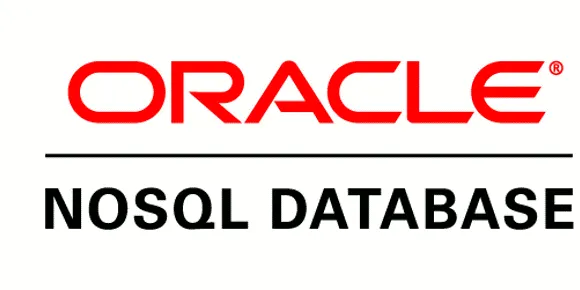
NoSQL — now showing in a free tier near you
NoSQL databases are renown of their high availability and speed. When using multiple nodes with storage failure on one node, the data is still partially available on the others.NoSQL databases are off...
📚 Read more at Oracle Developers🔎 Find similar documents
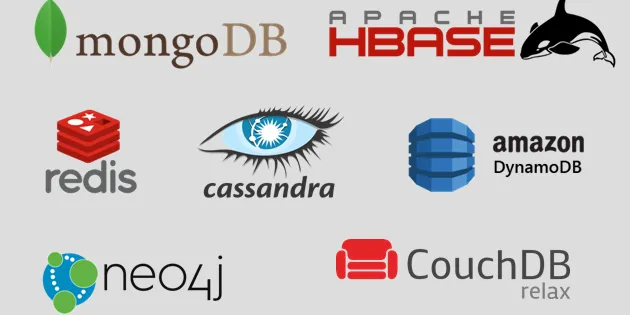
System Design Interviews: NoSQL Databases and When to Use Them.
What are NoSQL databases? Typically, “NoSQL database” refers to any non-relational database. Whether it stands for “non SQL” or “not only SQL,” most agree that NoSQL databases store data in a format ...
📚 Read more at Level Up Coding🔎 Find similar documents
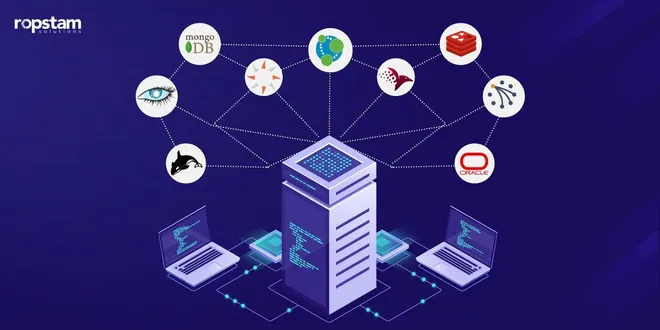
The World of NoSQL Databases: A Comprehensive Guide
In the age of big data and distributed systems, databases have become more critical than ever. Enter NoSQL databases, a modern solution that complements or, in some cases, replaces traditional relatio...
📚 Read more at Python in Plain English🔎 Find similar documents
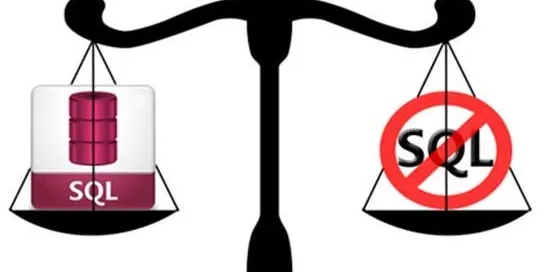
Databases — SQL and NoSQL
SQL came in to play with the research paper “A Relational Model of Data for Large Shared Data Banks” in 1970 by Dr. E. F. Codd. Yes!! that’s the Codd in Boyce-Codd normalization. NoSQL came into play…...
📚 Read more at Towards Data Science🔎 Find similar documents

NoSQL (Distributed / Big Data) Databases
NoSQL (Distributed / Big Data) Databases FastAPI can also be integrated with any NoSQL . Here we'll see an example using Couchbase , a document based NoSQL database. You can adapt it to any other NoS...
📚 Read more at FastAPI Documentation🔎 Find similar documents
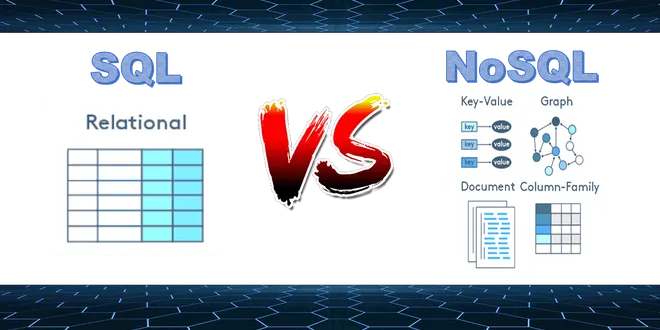
Database Management — NoSQL vs. SQL (or MongoDB vs. MySQL)
The comparison between SQL and NoSQL databases is really the comparison between relational and non-relational data structures. While most enterprises have found tremendous success using only SQL…
📚 Read more at Analytics Vidhya🔎 Find similar documents

